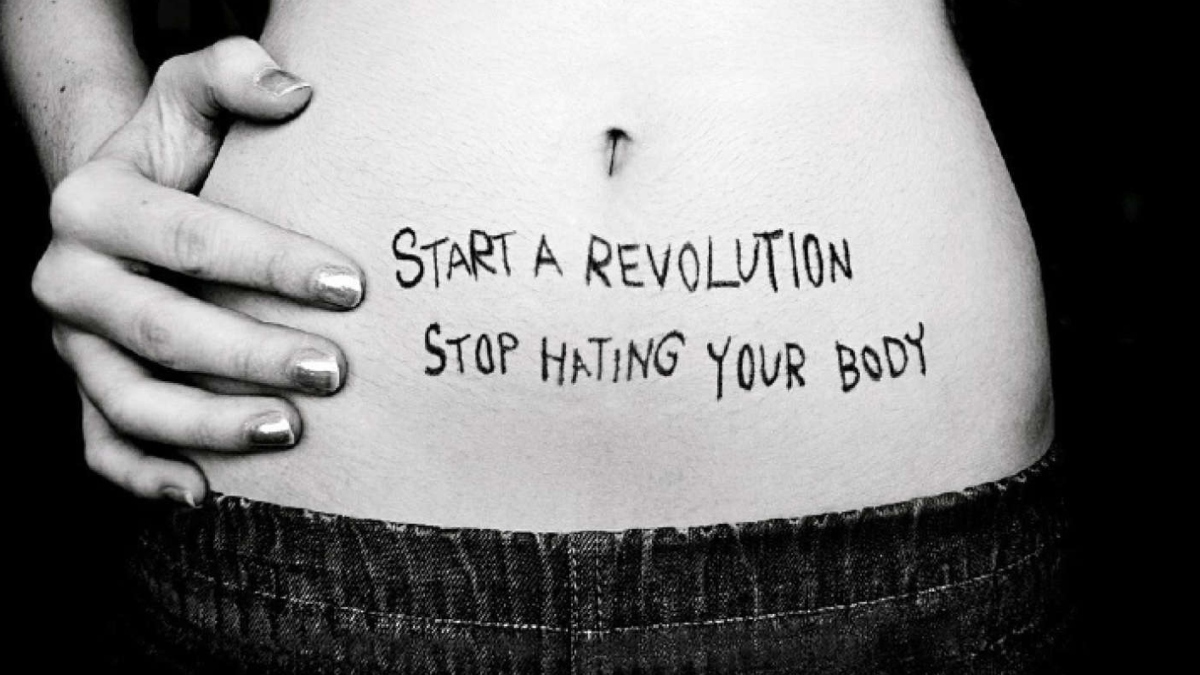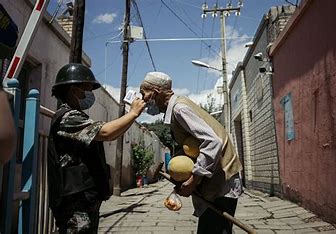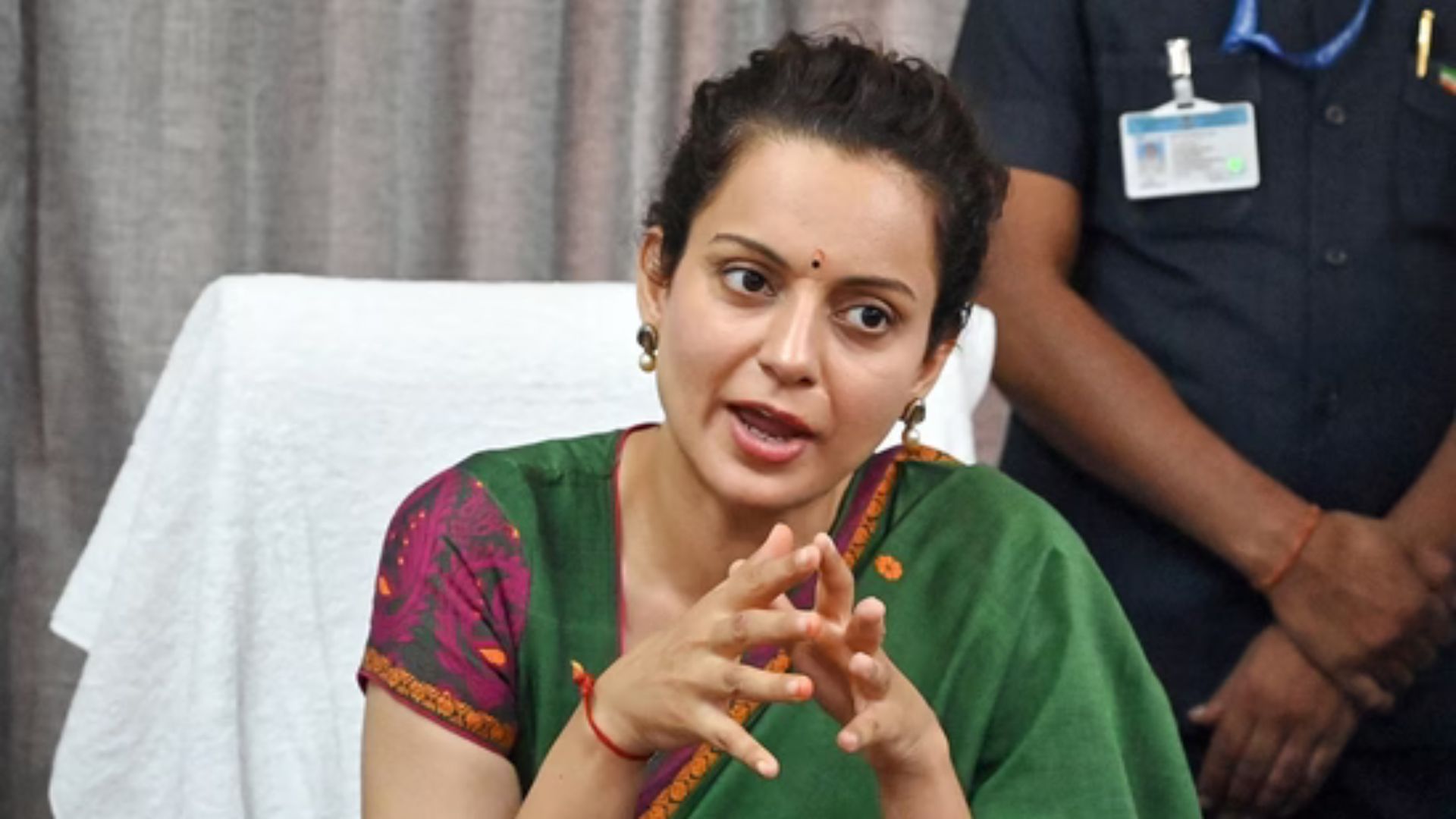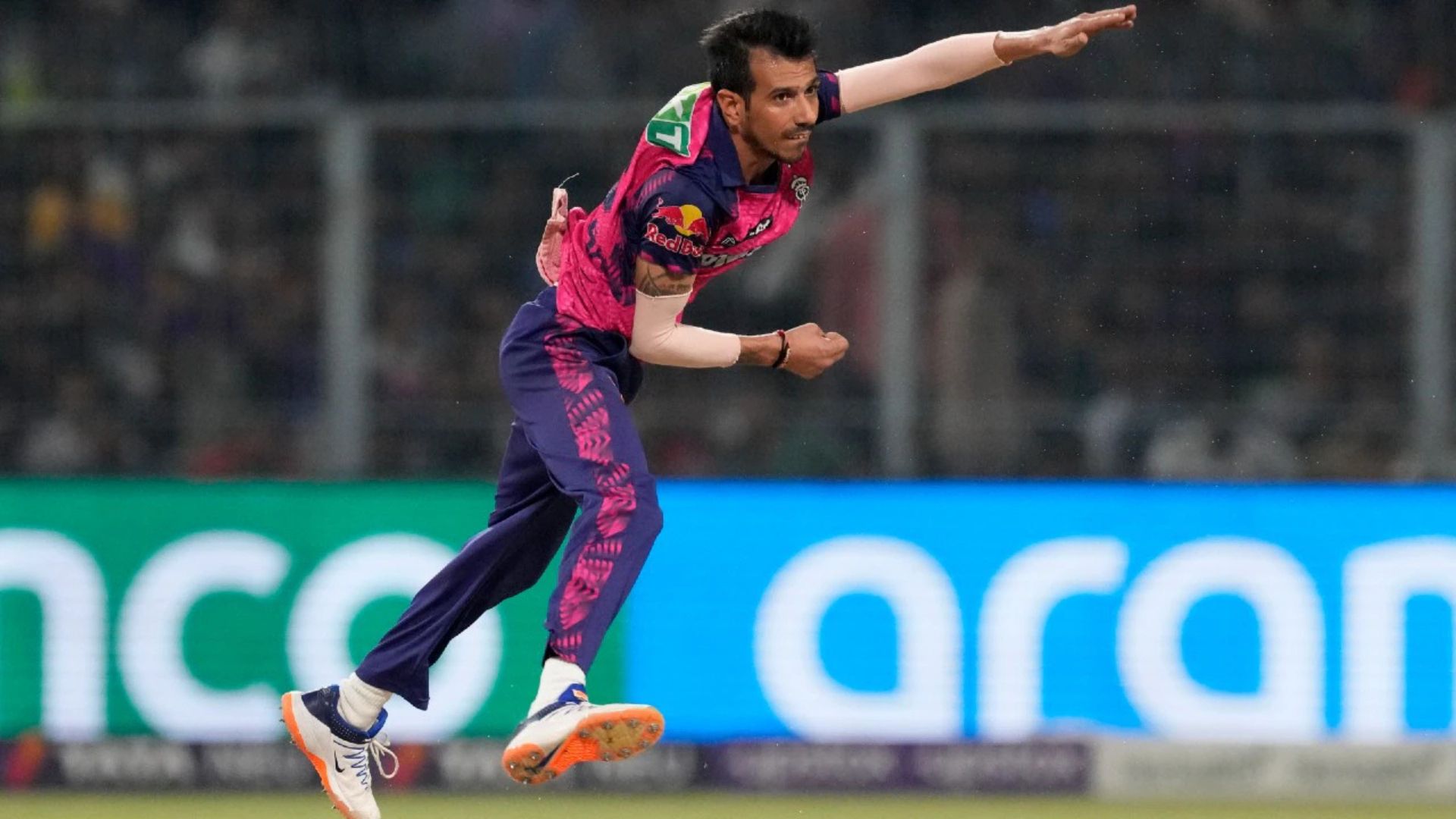
Vandana hates being tagged on Facebook family photographs, for her, it reminds her of many horrifying memories and not-so-pleasant childhood. The reason is her elder sister Archana who happens to be fairer and better looking than her. Siblings are often compared to each other based on their academic grades, behaviour, and even their physical appearances. It gets even worse if the child happens to be a girl. Vandana was often reminded of her dusky complexion body and was subjected to mockery at family gatherings. Her mother unfortunately was in the lead of the pack. We are talking about ‘Body Shaming’ an act that involves mocking a person’s physical appearance in a derogatory way. People are usually body shamed for their skin tone; hair growth, height, body weight, and even their vocal tonality are not spared. Most parents consider it normal to objectify their kids with verbal usages like Mottu (fat), Kaali (darker), naata (short) in their regular conversations. A child who is exposed to such humiliating remarks from his/her own family after a point tends to start believing in the statements and gradually becomes conscious of his shortfalls. Soon it begins to affect his self-esteem also and may lead to other disorders like body dysmorphia, depression, anxiety, and more. Statistics reveal that even boys are not spared from body shaming. Gynecomastia for instance is a condition where boys/men develop enlarged breast tissues like women due to hormonal imbalance. And the ones who are suffering from such health conditions are often reluctant to be seen in public without a shirt and even shy away from participating in games and sports.
 Body acceptance is all about treating your body with respect and accepting it with its flaws.
Body acceptance is all about treating your body with respect and accepting it with its flaws. Body shaming can happen anywhere.
Body shaming can happen anywhere.
The truth is that body shaming can happen anywhere and it’s a reality that needs to be dealt with diligence right from childhood. And like all good things that begin in our homes, understanding and handling body shaming should also begin at home. Here are a few points that we all can drive home while dealing with body shaming.
Encourage body acceptance
Body acceptance is all about treating your body with respect and accepting it with its flaws. As parents, it is important to guide your children with the message that nobody is perfect and flawless. Also makes sure they know the truth that the photographs they see of their favourite celebrities on social media are often results of editing and photoshopping.
Avoid conversations about other people›s body
Avoid talking about the physical attributes of other people at home. Most parents tend to make passive comments about other people’s bodies in their daily conversations. A child who listens to such talks begins to consider body-shaming normal and soon becomes a perpetrator himself.
Open up
There is a reason why elders insisted on eating all together culture in every family. A dining table conversation often helps children to express their apprehensions to parents and vent out their emotions without letting them clogged within. Talking it out with family often helps young minds manage stress better. Knowing that your family is going to be by your side, come what may be acts as a reassurance and confidence booster for every child. Include topics like ‘body positivity and make the conversation relatable by quoting your own growing-up experiences to them and how you dealt with the situations back then.
Keep a check on your vocabulary
Children are often like blotting paper, they absorb your words and remarks as it is without weighing the pros and cons. In the fits of anger, most parents succumb to using offensive and disapproving words related to body shaming. It not only normalizes the menace but also gives away the wrong notion to the child that it is acceptable to convey negative emotions like anger, aggression, and rage through harsh words.
The writer is Medical Director, Medlounges.















